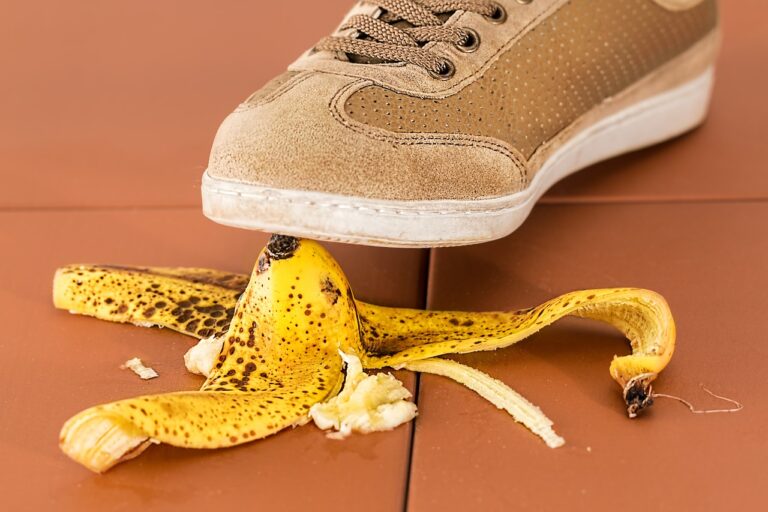Common Types of Premises Liability Cases: Slip-And-Fall, Negligent Security, and Other Claims

Premises liability encompasses a broad range of incidents where individuals suffer harm due to unsafe conditions on someone else’s property. Understanding the various types of cases within this realm sheds light on the responsibilities of property owners and the legal implications involved. Let’s navigate the types of premises liability accidents and their potential legal repercussions.
Slip-and-Fall Accidents
Slip-and-fall accidents are the most common type of premises liability cases. These incidents occur when someone slips, trips, or falls on another’s property due to hazardous conditions such as wet floors, uneven surfaces, or debris obstructing walkways. Property owners have a legal duty to maintain their premises in a reasonably safe condition and to warn visitors of any known hazards. Failure to do so can result in liability for any injuries sustained by visitors on their property.
Negligent Security
Property owners also have a duty to provide adequate security measures to protect visitors from criminal activity, such as assaults or robberies. Negligent security cases arise when a property owner fails to take reasonable steps to prevent or address known risks of criminal acts. For example, a business owner may be held liable for a customer’s injuries if they were assaulted in a poorly lit parking lot with no security cameras.

Other Types of Premises Liability Claims
Aside from slip-and-fall and negligent security cases, there are other types of premises liability claims that individuals may encounter, including:
- Dog bites: Property owners can be held responsible for injuries caused by their pets if they knew or should have known about the animal’s aggressive tendencies.
- Swimming pool accidents: Property owners must take reasonable precautions to prevent drowning accidents in pools, such as installing fences and safety covers.
- Elevator and escalator accidents: Property owners are responsible for maintaining these devices in safe working conditions and warning visitors of any malfunctions.
- Construction site accidents: Property owners or contractors may be liable for injuries sustained by individuals on a construction site due to unsafe conditions or inadequate safety measures.
- Toxic exposure: Property owners can be held liable for illnesses caused by toxic substances present on their premises, such as mold or asbestos.
It’s important to note that these are just some examples of potential premises liability cases. Each case is unique and may involve different legal factors, so it’s crucial to consult with a personal injury attorney if you believe you have a premises liability claim. They can help evaluate your case and determine the best course of action to seek compensation for your injuries.
Importance of Seeking Legal Assistance
Premises liability cases can be complex and challenging to navigate, especially when dealing with insurance companies or property owners who may try to minimize their liability. It’s essential to seek legal assistance from a knowledgeable personal injury attorney who has experience handling premises liability claims. They can help gather evidence, negotiate with the responsible parties, and fight for your rights to fair compensation.
Premises liability cases encompass a multitude of scenarios, all emphasizing the importance of property owners’ responsibility for visitor safety. From slip-and-falls to cases of negligent security or animal-related incidents, understanding these scenarios sheds light on the legal complexities involved. By addressing hazards, maintaining safe environments, and adhering to legal obligations, property owners play a vital role in preventing these incidents and safeguarding the well-being of all who set foot on their premises.

